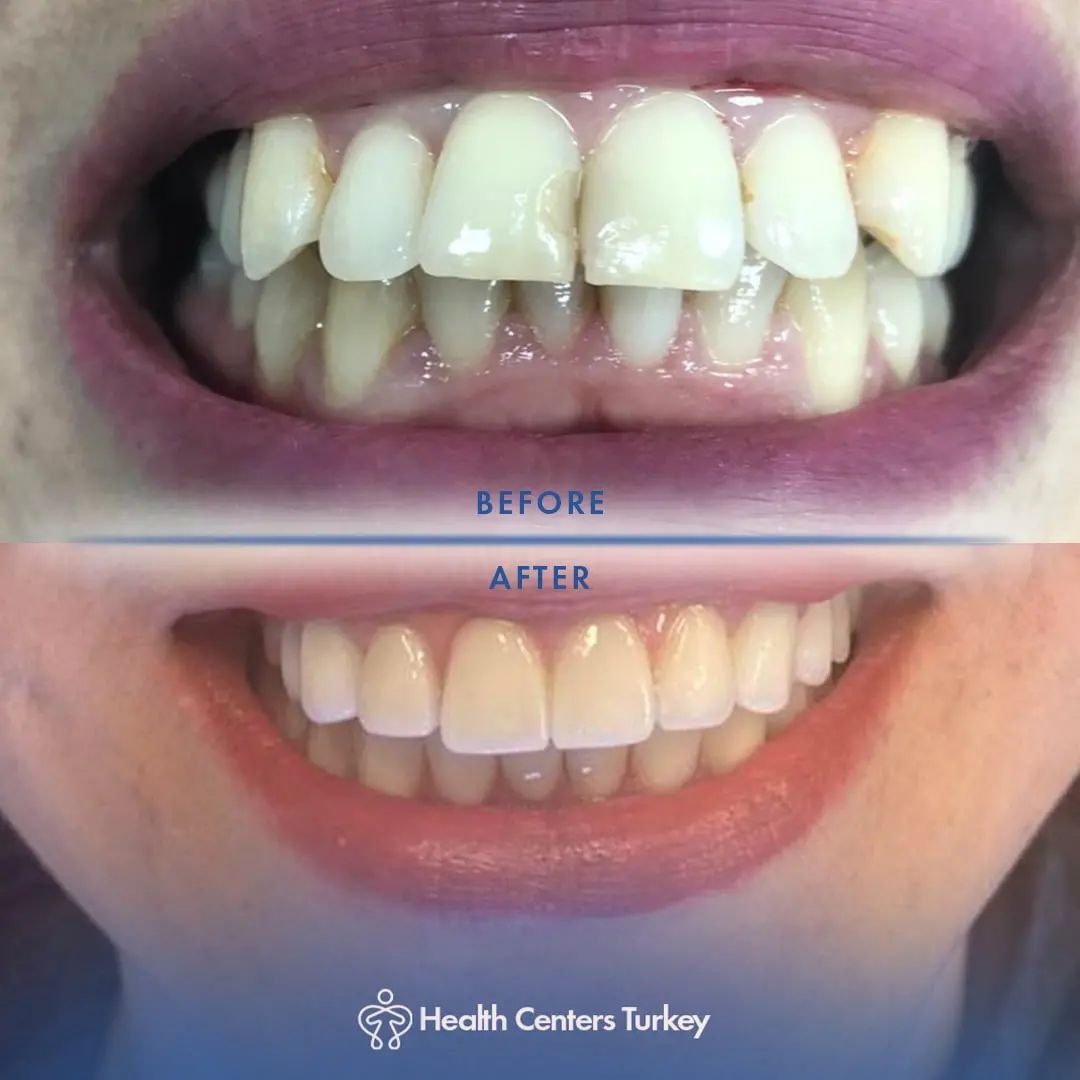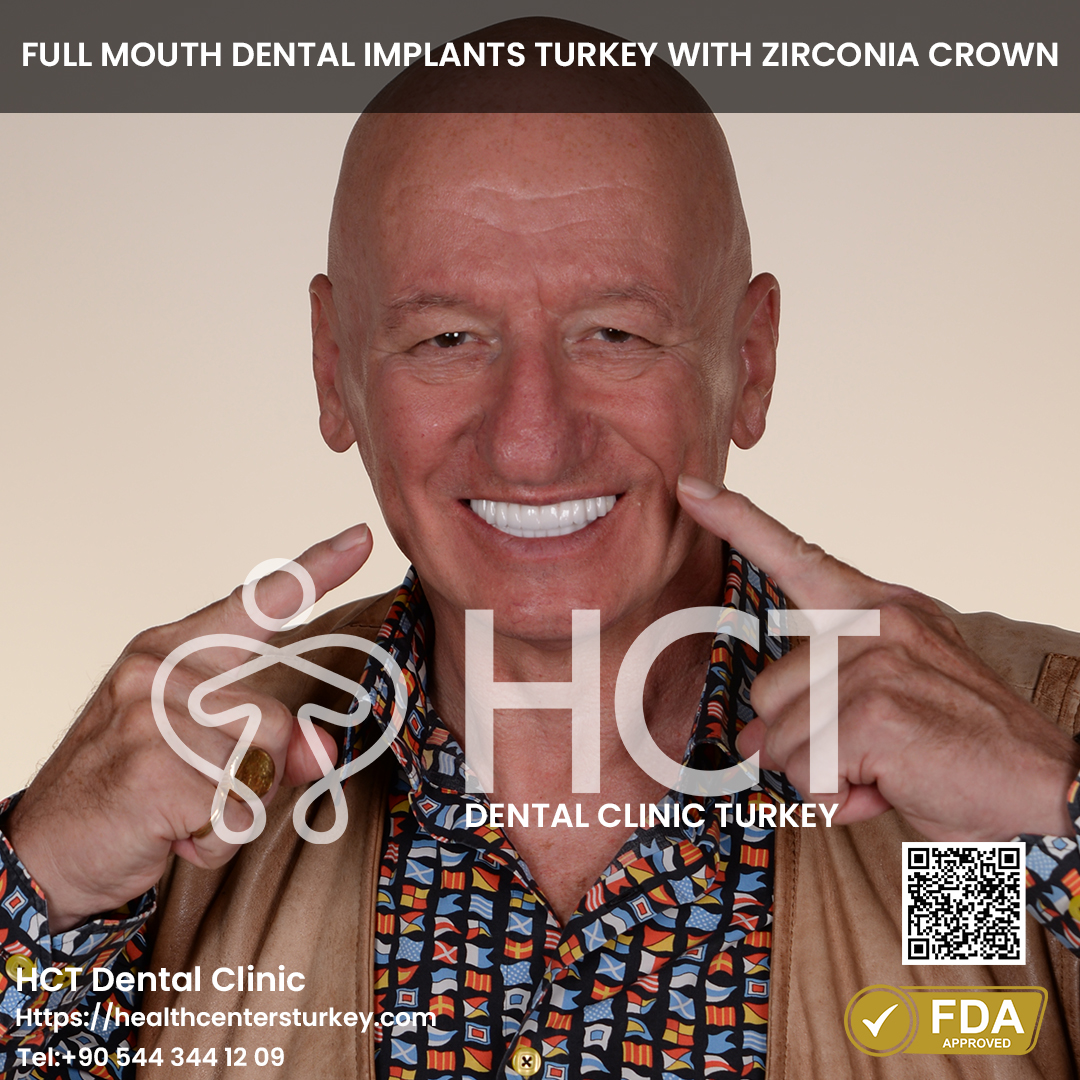Low-Cost Oral Health Treatments with Guaranteed Results
Personalized Dental Plans for Your Unique Needs
Dental implants have turn into a popular resolution for these seeking to replace missing teeth. Understanding how these implants can have an result on adjacent teeth is important for anybody considering this procedure, in addition to for dentists and specialists concerned in dental care.

One vital aspect is that dental implants are designed to be anchored into the jawbone, which suggests they are impartial of adjacent teeth. Unlike dental bridges, which frequently require the alteration of neighboring teeth, implants can fill the gap with out compromising the health or structure of those surrounding teeth.
This independence helps preserve the integrity of adjacent teeth. When a tooth is lost, there can be a natural tendency for neighboring teeth to tilt or shift into the empty house. Such movement can result in misalignment, which may affect chunk and overall oral health. By inserting an implant, you effectively prevent this potential shift, selling better alignment in the long run.
Benefit from World-Class Dental Services while Visiting
Additionally, dental implants help preserve bone density in the jaw. A natural tooth root supplies stimulation to the encompassing bone, preserving it healthy and robust. When a tooth is missing, the bone can begin to deteriorate because of lack of stimulation. With a dental implant mimicking a natural root, bone loss could be minimized, which not directly benefits adjacent teeth by preserving the general structure of the dental arch.
While dental implants are advantageous, improper placement can influence neighboring teeth. If an implant is positioned too shut to another tooth, it might exert undue pressure on that tooth, leading to discomfort or potential harm. Proper planning and imaging methods are important for avoiding such issues.
Comparative Costs for Dental Care in Turkey
Moreover, maintaining good oral hygiene is essential after receiving an implant. If not properly cleaned, surrounding teeth might turn into susceptible to dental points corresponding to decay or gum disease. This underscores the importance of diligent oral care following the process to make sure each implants and adjacent teeth remain healthy.
Regular dental check-ups are additionally important for monitoring the health of surrounding teeth. Dentists can identify any shifts or potential problems early, permitting for well timed interventions. This proactive approach ensures that both the implant and adjacent teeth can coexist without issues.
Discover Your Path to a Beautiful Smile with Affordable Dental Care
Another consideration is the impact of implants on chew drive. When a single tooth is missing, the load of chewing may shift to adjacent teeth, probably resulting in put on or strain. Implants restore proper chew dynamics by redistributing forces within the mouth, which can protect surrounding teeth from undue stress.
Some sufferers could elevate concerns concerning the appearance of dental implants. Well-placed implants can mix seamlessly with current teeth, bettering overall aesthetics. In contrast, failing to switch a missing tooth can result in aesthetic points, including collapsing of facial structure and changes in smile link dynamics.
It's also value discussing the psychological features of dental health. Experiencing tooth loss can adversely affect one’s self-esteem and willingness to interact socially. By restoring your smile with implants, you'll find a way to positively affect not solely your oral health but also your emotional well-being.
Long-term success of dental implants often hinges on various factors, including the patient's health, maintenance habits, and the quality of the initial procedure. If adjacent teeth are healthy and properly cared for, the chances are they may proceed to thrive alongside the implants.
Effective Braces and Aligners available in Turkey
In conclusion, dental implants play an important position in not simply restoring particular person smiles, however in preserving the health and structure of adjacent teeth. By stopping shifting, sustaining bone density, and redistributing chunk forces, implants can make certain that surrounding teeth stay in optimum condition. Proper placement, hygiene, and common dental visits can additional improve the benefits of dental implants, leading to a healthier, more confident smile for years to come.
- Dental implants can help maintain the alignment of adjacent teeth by offering a steady anchor, stopping adjacent teeth from shifting into the hole left by a missing tooth.
- The presence of an implant might stimulate bone progress in the jaw, helping to protect the general structure and integrity of the adjacent teeth.
- Unlike conventional bridges, implants do not require alteration of surrounding teeth, thus preserving their power and anatomy.
- Implants can enhance the distribution of bite forces evenly throughout the dental arch, lowering the stress on neighboring teeth throughout chewing.
- A well-integrated dental implant can lower the risk of bone loss within the space surrounding adjacent teeth, contributing to their long-term health and stability.
- The aesthetics of adjacent teeth could be improved because of the support provided by implants, which might result in better overall beauty outcomes.
- With proper placement, dental implants can prevent gum recession around adjacent teeth by sustaining sufficient dental architecture.
- Implants can help mitigate the risks of periodontal disease in close by teeth by selling healthy gum tissue and offering a washer-friendly surface.
- Long-term success of dental implants can lead to improved oral hygiene routines, which in flip benefits the health of surrounding teeth.
- The improved functional ability of an implant can encourage sufferers to chew more effectively, thus rising saliva production and aiding in the protection of adjacent dental tissues.undefinedHow do dental implants affect adjacent teeth?
What are dental implants and how do they work together with adjacent teeth?undefinedDental implants are synthetic tooth roots which may be surgically placed into the jawbone. They present a secure basis for replacement teeth whereas ensuring minimal disruption to adjacent teeth, preserving their integrity and alignment. Price Comparison for Dental Care in Turkey.
What to Expect from Dental Procedures in Turkey
Can dental implants cause problems for nearby natural teeth?undefinedGenerally, dental implants don't harm adjacent natural teeth. However, if the implant just isn't positioned correctly or if there’s insufficient oral hygiene, it might result in problems such as adjacent tooth decay or gum disease.

Will getting a dental implant change the way my adjacent teeth feel?undefinedMost sufferers report no change in the sensation of adjacent teeth after implant placement. However, it could take a while to regulate to the presence of the implant, just like how one might adapt to other dental restorations.
Can dental implants help protect the health of adjacent teeth?undefinedYes, dental implants may help keep the health of adjacent teeth by preventing bone loss that can occur after tooth loss. This preservation helps the alignment of close by teeth, decreasing the risk of shifting or misalignment.
Experience Luxury Dental Care in Turkey at Competitive Prices
Do I want to change adjacent teeth when getting an implant?undefinedTypically, adjacent teeth don't need alteration when placing an implant. This is one Going Here of the advantages of dental implants over traditional bridges, which regularly require reshaping adjacent teeth for help.
How does the healing process of an implant have an result on close by teeth?undefinedThe healing course of includes osseointegration, where the implant fuses with the jawbone. During this time, adjacent teeth stay unaffected and retain their operate, though it’s important to observe post-operative care recommendations. Discover the Benefits of Dental Packages in Turkey.
Invest in Your Smile with Affordable Options in Turkey
Can dental implants lead to bone loss round adjacent teeth?undefinedIf dental implants are placed correctly and cared for adequately, they need to not result in bone loss around adjacent teeth. In truth, they might help stimulate bone growth, combating the natural bone loss that usually follows tooth extraction.
What precautions should I take to guard adjacent teeth after getting an implant?undefinedRoutine dental hygiene, including brushing and flossing, together with regular dental check-ups, is essential. Avoiding hard meals and following your dentist’s aftercare instructions may also protect each the implant and adjacent teeth.
Is it common for adjacent teeth to shift after an implant is placed?undefinedIt's not typical for adjacent teeth to shift after an implant placement, especially when the implant is positioned appropriately and maintained correctly. If there’s any movement, it could be as a result of different underlying issues that ought to be evaluated by a dental skilled.